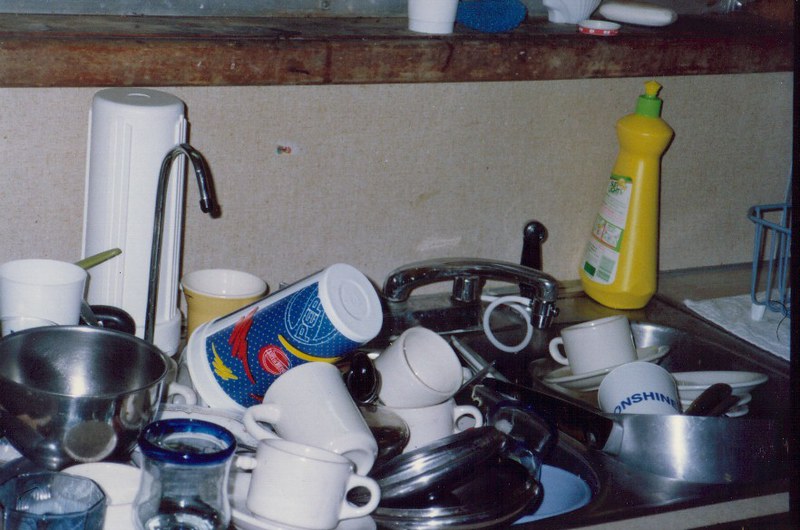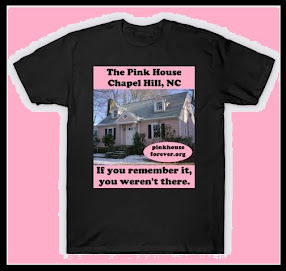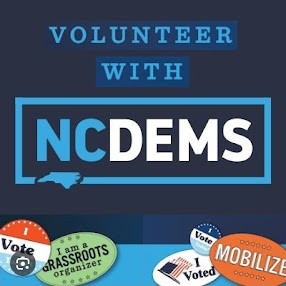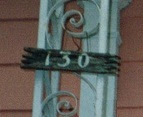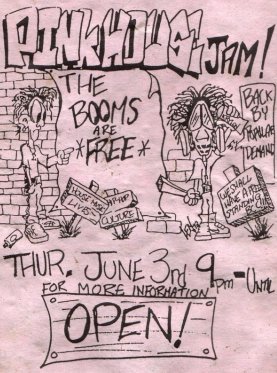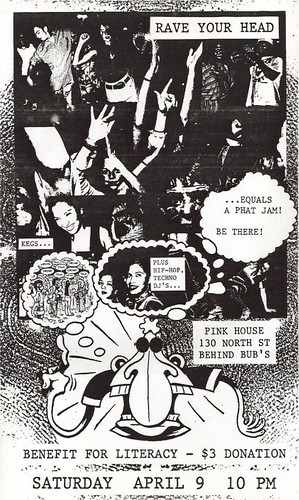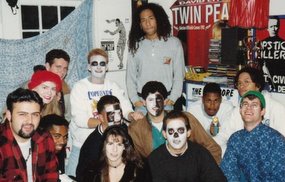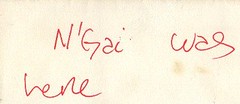At the first SEAC organizing meeting of the fall semester '89 (in Hamilton 100), Jimmy Langman convinced us all that Threshold was going to spark a national movement, and Ericka Kurz gave a fiery, impassioned speech wearing a cool black leather jacket. Besides Jimmy and Ericka, SEAC O.G.'s who were running the show included Alec Guettal, Blan Holman, and Don Whittier. They were all juniors, seniors, even recent grads, but nobody past their early twenties. Still, as C-line put it, "They seemed so old. And we said, tell us what you need us to do!"

The nuts and bolts work of actually organizing a nationwide conference in the pre-internet era was a little less romantic. Working alongside dedicated souls like Lisa Abbott, Chris van Daalen, Celeste Joye, Yu-Yee Wu, Raj Krishnasami, Mark Chilton, Quaker Kappel, Ruby Sinreich, Dave Ball, and a bunch of other SEAC'ers, we prepared mass mailings, entered hundreds of pre-registered attendees' names into ancient Mac computers, lined up crash pad arrangements with hundreds of UNC students, and using a primitive device known as the landline telephone, called up folks who wanted more info to convince them to make the trek to Chapel Hill. And my favorite part, sitting around in endless meeting circles on the second floor of the Campus Y, arguing over one minor detail or another until the WHOLE GROUP reached a consensus.

Threshold ad from Oct. '89 issue of Music Monitor.
The conference succeeded beyond anyone's wildest dreams. Over 1,700 folks showed up from around the country, representing 43 states and 225 schools. It was the largest gathering of student activists since the heyday of SDS in the late 60s. And it launched SEAC as a national student and youth-led environmental movement.
On a personal level, my involvement with SEAC convinced me I wanted to be an organizer, and laid the foundation for all my political work that's followed. I became good friends with C-line, and our adventures have continued ever since. I worked on my first winning political campaign thanks to SEAC, when we helped elect Mark Chilton to the Chapel Hill Town Council two years later. And if I hadn't bonded with fellow SEAC'er Raj K., we wouldn't have agreed to live together (along with Clint Curtis) in the spring of '91, which started our search for off-campus housing that eventually led to the Pink House.
